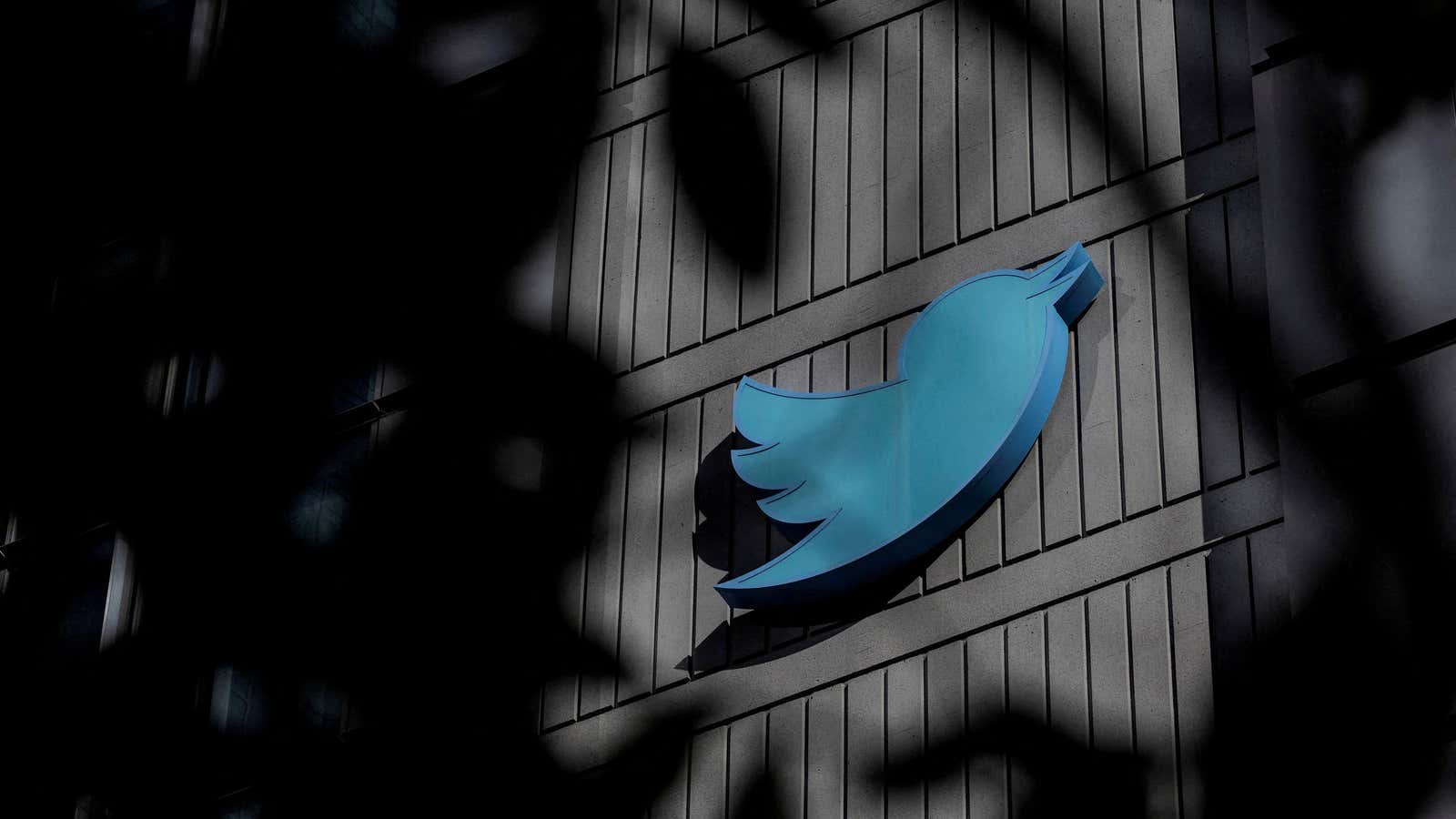Twitter has pulled out from a voluntary agreement set by the European Union (EU) to stamp out online disinformation.
“But obligations remain. You can run but you can’t hide,” Thierry Breton, EU commissioner for Internal Market tweeted, said late Friday (May 26). Companies would still be required to comply with the law, Breton said referring to the bloc’s Digital Services Act.
EU’s Code of Practice has 38 signatories, including tech majors like Google, Meta, TikTok, several NGOs, fact-checking organizations, and software companies. Some big platforms had submitted their first progress reports in February, detailing steps taken to implement several commitments and measures under the Code, including disinformation campaigns linked to Ukraine war and the Covid-19 pandemic.
However, Twitter, in an apparently half-hearted effort, put together a report of mere 80 pages. In contrast, TikTok, Meta, Google, and Microsoft’s reports ranged from 150 to more than 200 pages. This approach of Twitter, as a signatory to the Code, has not gone well with the EU authorities.
Musk’s Twitter has never cared enough
Since gaining control of the microblogging platform in October 2022, Musk has shut down entire departments, even those responsible for global content moderation, to cut costs.
He scrapped free third-party developer access to Twitter’s application programming interface (API), which was against the EU’s Code of Practice. The API “gives third-party developers the tools they need to connect products, from bots and plugins to full-on separate apps...used by small content creators to publish their work and gain a bigger audience.”
In February, the EU issued Twitter a “yellow card ” for not submitting a detailed report on compliance with the Code. The one the company provided was comparatively shorter than those submitted by other platforms, with little data and key gaps in information.
“I am disappointed to see that Twitter’s report lags behind others,” said Věra Jourová, EU vice-president for values and transparency. Her statement said she expected “a more serious commitment to their obligations stemming from the Code.”
Breaching the EU’s Digital Services Act, which comes into effect from Aug. 25 this year, will attract fines of up to 6% of global annual turnover—an expensive fight for Musk to pick. The law requires over a dozen such platforms to comply with obligations.
The bloc has also warned the platform against serious, repeated non-compliance that could result in Twitter losing access to its 440 million EU users.
